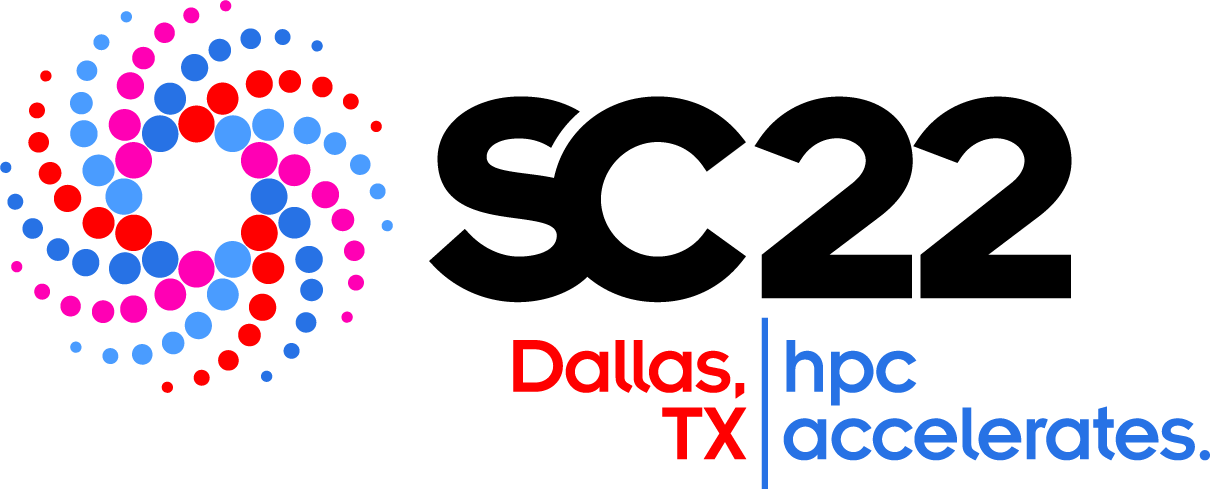SC22 BoF150: The Storage Tower of Babel? . . . Not! Actually, maybe?

SC22 BoF150: The Storage Tower of Babel? . . . Not! Actually, maybe?
The International Conference for High Performance Computing, Networking, Storage, and Analysis (SC22), Nov 13–18, 2022, Dallas, Texas. – Link: https://sc22.supercomputing.org/
BoF Session 150. Schedule: November 17th, Thursday 12:15 – 13:15
Abstract
Storage protocols share data storage resources since the “prehistory” of computer sciences. The most used ones are very acquainted with the file systems semantics and are entangled with the design of distributed and parallel files systems. As the forthcoming Exascale Supercomputers raise new challenges for storage systems, object storage may be a game changer. What are the relevant storage protocols to address Object Stores? In this BoF, we will discuss and collect ideas on how to adapt old concepts and storage protocols or if specific protocols such as S3 will be more appropriate
Details
Sharing storage resources is a core need for parallel and distributed systems.
Since the very early time, with NFSv2, to sophisticated pieces of software such as Lustre or GPFS, storage protocols have often been very close to the file system semantics (NFS, SMB, parallel file systems,…) or to underlying layers of file systems (such as iSCSI).
At the time the exascale raises new challenges for storage systems, the Object Store technology appears as a game changer. Acquainted with cloud technologies, it offers the required scalability, storage capacity and the capability of dealing with versatile storage media.
Object Stores’s very simple semantics is a major advantage allowing it to implement more complex semantics on top of it and it can be implemented on many different storage resources.
Which storage protocol would fit best for Object Stores ? Protocols such as S3 or Swift have established themselves over the past years. Is S3 the “One To Rule Them All” protocol or a clumsy de facto choice such as TCP/IP for I/O transfer in the past ? Should it be modified to fit the exascale requirement or should a completely different solution be created from scratch ?
Meanwhile, we should consider that the “legacy” file system interface will still be a strong requirement because many simulation codes running on the future exascale supercomputer are still strongly intricated with this way of addressing data. What protocols should be involved to bring up such an interface on top of Object Stores?
In parallel, it is interesting to notice that object oriented semantics has been involved in the internal design of many successful file systems: Lustre stores files on OSD (Object Storage Devices), and the OSD2 protocol, which was supported by Panasas FS, has an explicit support in the NFSv4.1/pNFS protocol. Would this family of protocols be useful as a “bridge” between the object store world and the file system world or is it something to be forgotten ?
This BoF session is organized by organizations hosting large compute centers (CEA and ECMWF) and very active actors in the HPC industry (Intel and Seagate), all having strong interests in object storage and the ways to use it smartly in HPC. Using the questions stated
above as start points, it has the ambition to gather people who are involved or simply interested in this domain to gather feedback and ideas in an interactive way.
This BoF is a follow-up to the BoF entitled “Object-stores for HPC – a Devonian Explosion or an Extinction Event?” that took place at Supercomputing in 2021. It now brings the focus on the communication aspects that involve object store and the potential standardization of this communication.
Storage protocols for object store is a very complex topic. Choices that will be done now will probably have consequences during the next 20 years. Let’s join us at this BoF to discuss the best technical choice for HPC future storage!
Panel Members
Johann Lombardi (Intel)
Tiago Quintino (ECMWF)
John Bent (Seagate)
Philippe Deniel (CEA)
Additional Details
Presentations / Material URL -


